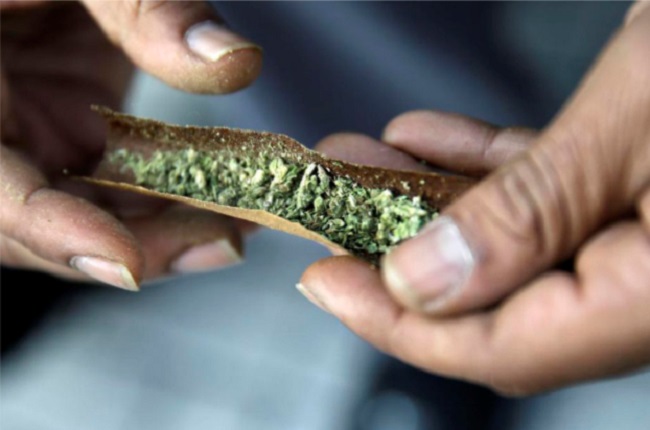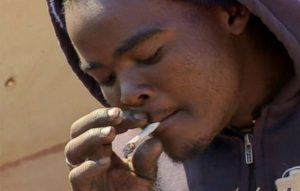
“Recreational cannabis usually has a high THC content, which releases effects such as euphoria, enjoyable body feelings, relaxation, increased libido and distortions in the perception of time and space. In some occasions, recreational cannabis is used to treat stress, which would technically transform it into medical marijuana,” says Ssemakula.
Tetrahydrocannabinol (THC) is the main psychoactive compound in marijuana that gives the high sensation. It can be consumed by smoking marijuana. It’s also available in oils, edibles, tinctures, capsules, and more. As a component, THC is used to help with conditions such as: pain, muscle spasticity, glaucoma, insomnia, low appetite, nausea and anxiety to mention but a few. Once consumed in huge volumes especially amongst adolescents, THC can be connected to long-term negative psychiatric effects. Using the compound increases the risk for some psychiatric disorders, such as schizophrenia.
But medicinal marijuana is carefully prepared to ensure safety.
“Medical marijuana is designed to be a medication to help alleviate a specific symptom and it’s given in such a way that the dose and formulation of it are specifically designed for that patient,” says Ssemakula. He explains that cannabis that is not medicinal cannot be prescribed by a medical personnel or physician as it leads to serious effects.
Risk to mental health
According to Alice Kabakwenuzi, a nurse in charge of the Alcohol and Drug Unit says that more than 30% of the patients in mental health units are a result of drug abuse especially marijuana and alcohol. She says up to 60% of them fall in the age bracket of 18 and 30 years.
Benjamin Cadet, a director at Industrial Hemp (U) Ltd; one of the companies already dealing in medicinal marijuana export, says the “fear that allowing medical cannabis will make matters worse is baseless.
He told The Independent that such arguments negate the fact that by developing the best medical cannabis pharmaceutical facility in Africa and one in the top five in the world, Industrial Hemp (U) Ltd want to bring the real pharmaceutical and therapeutic value of the cannabis plant to those in need – the patients.
“The issue of skepticism is because of ignorance. Uganda is not decriminalising cannabis. We are just giving it exception to be used for medical and pharmaceutical purposes that have been proven in the treatment of cancers, epilepsy, sleep disorders, that is what is in the law that cabinet passed, enacted by Parliament and signed by the President in 2015,” he says.
Under the law, the Minister of Health will issue written consent for the cultivation of prohibited plants, the National Drug Authority (NDA) will issue production and export licenses and both the police and NDA will conduct inspection and enforcement of the law.
According to Tinka, anyone who is caught growing illegal marijuana without consent from the Ministry of Health is liable to imprisonment for five to ten years or a fine of Shs.4 million.
“Our main job as police is to enforce. When we raid your marijuana garden, we expect you to have a document that authorises you to grow the plant”, he says.
While marijuana is widely regarded as an illegal substance and poses health risks, it is increasingly being accepted and regulated globally because of its health benefit when prescribed by professionals.

****
 The Independent Uganda: You get the Truth we Pay the Price
The Independent Uganda: You get the Truth we Pay the Price


